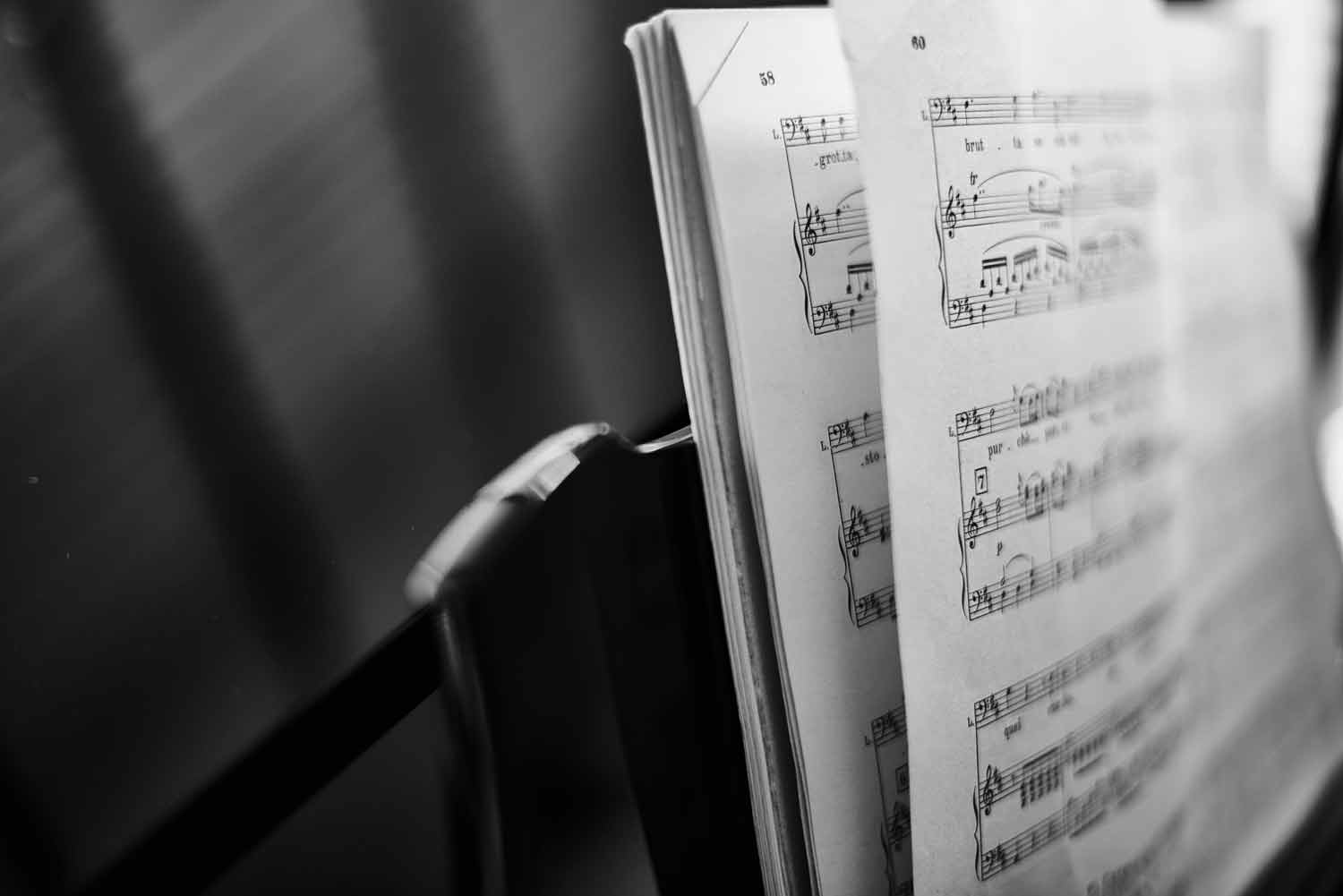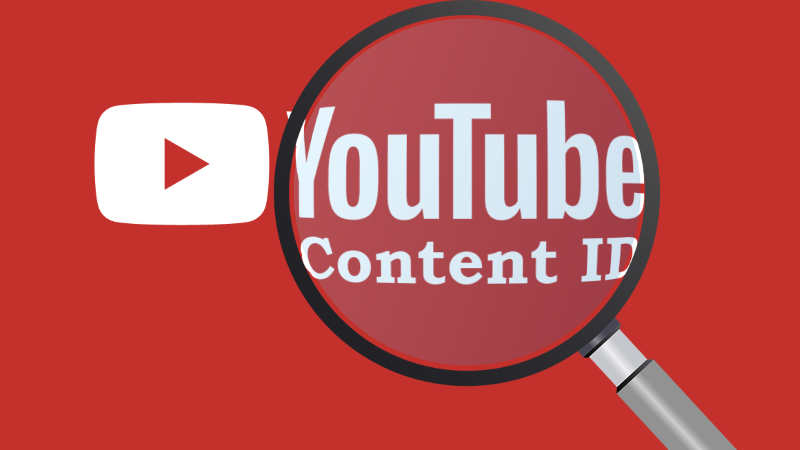
13 Apr A Content Creator’s Guide To Music Copyright
In this episode, we’re busting music licensing myths to help creators keep on creating (while staying safe). Not sure if you have the proper rights to use the music in your content? Read on…
The Rise of Content
We’re living in the era of content creation. Video and audio content in particular. This is a time where every minute 500 hours of video is uploaded to YouTube alone. That’s 30,000 hours every hour, 720,000 hours every day.
Along with the rapid growth of video content, podcasting has recently exploded in popularity. There are now more than 1 million active podcasts, with more than 30 million episodes.
So it’s probably no surprise that the digital content creation market is expected to reach $43bn by 2026 and that content creators are using every possible avenue to amplify their ROI.
A Looming Threat: Copyright
One of the best ways to make better, more appealing content, is to use high-quality music in its production. Music to generate a deep emotional response; the very foundation of good storytelling.
However, while all of this content is being produced, there’s an industry-wide problem looming in the background. Some content creators are making videos, games and podcasts without clearing the proper rights to use that music in their content. Exposing themselves to litigation, fines, blocked channels and at the end of the day a huge waste of time, being left with unusable content.
If content creators are to avoid wasting the time, effort and resources they put into creating videos and/or podcasts, they must ensure that their music is safe to be used inside their content, forever. But what kind of music is safe to use?
A Deeper Dive – Commercial vs Stock
Let’s start with commercial music. This means music from popular artists like Beyonce, Rihanna, Jay Z. This music cannot be used in videos, podcasts or any other content without clearing the appropriate rights. So unless content creators have express permission via a licence to use the music in question, they will find themselves in legal (and financial) hot water.
Then there’s stock music, or production music. That is, music specifically created for use inside content. But even in this world, there are a number of rights to take into account. Some limit media (i.e. excludes broadcast, advertising or theatrical use), monetisation (only for non-promoted content, or promoted with a capped media spend), territory (only for regional, metropolitan or national use) and term (6 months, or one year only). The key here is to find a library like Melodie, which provides unlimited music for all uses (all media, unlimited monetisation, worldwide use, in perpetuity).
Let’s Get Digital
In the last few years there’s been an explosion of content via one of the internet’s biggest players, YouTube. They have a robust tracking system called Content ID which automatically scans the unique audio fingerprint of every video uploaded YouTube, comparing each fingerprint against a huge database of music in the Content ID system.
If it detects uncleared music, they may mute, take down (and penalise your channel) or monetise your video by running ads – meaning you won’t be able to monetise your own video.
If the library you use have a non-exclusive (shared) catalogue, or if they use a tracking and monetisation system like AdRev, your legally licensed stock music track may still be flagged, monetised, or taken down, with the onus on you to produce your licence certificate to prove that you’ve purchased it legally. It’s an imperfect system – guilty until proven innocent. Which is of course a huge pain for creators.

Unfortunately, this is not a sigh of relief for podcasters, who might think that podcasting is still relatively new and thus not a well-regulated industry. Copyright laws still apply and at some point uncleared music will be flagged.
There are some common music licensing myths that leave content creators even more vulnerable and therefore call for urgent debunking:
Top 3 Licensing Myths
Myth #1: You can use copyrighted music if you use it for ten seconds or less.
Wrong. There’s no minimum duration under which you are exempted from copyright laws. Yes, this includes even if you only use three seconds.
Myth #2: If you’re not monetising or profiting from your podcast or video, you can use copyrighted music.
Again, wrong. It doesn’t matter if only a few people listen to your podcast or watch your video or if you do it as a hobby. You’re still subject to copyright laws.
Myth #3: It’s okay because you give attribution to the artist/composer.
No. Attribution is common courtesy (sometimes also a legal requirement), but not an exception to copyright laws. You still need the legal right to use the copyrighted music.
The Legal Way
Obtaining a licence to a commercial track (like Jay Z) is great if you can afford it, but not always easy – it requires upfront clearances from both the publisher entity (for rights in the composition) and the record company side (for the master ‘recording’ rights). In most cases, it’s a very expensive and time-consuming process with no guarantee that you will end up clearing the required rights.
This is where “stock music”, “production music” or in the case of podcasts, “podsafe music” comes to the rescue. This is music created with the specific intention to be easily licensed for all kinds of media productions. It sounds great, helps tell a story, drives action, builds emotion, sets the scene and importantly keeps you on the right side of the law.
Production music can be licensed simply and inexpensively via music licensing platforms like Melodie. By paying a small monthly fee, all content produced each month will be fully legal, and valid for all media platforms, worldwide use, forever – and yes, that includes YouTube. It’s that easy. Think about it like a Spotify subscription, but for the music you use inside your content.
So next time you go to create that YouTube video, game stream, advertisement or podcast episode, remember to stay safe & make sure you have the rights!


